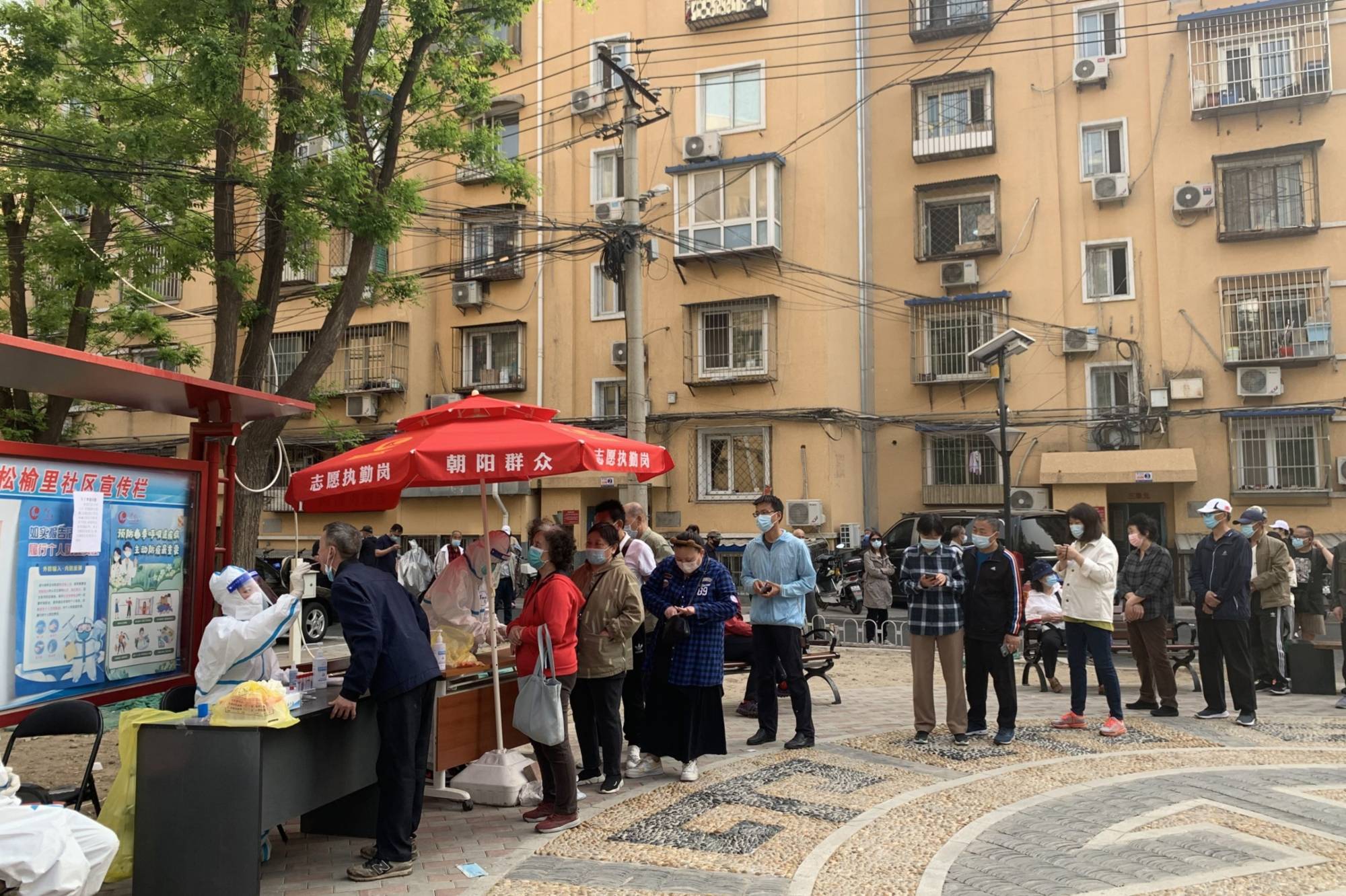China ordered mandatory COVID-19 tests in a district of Beijing and locked down some areas of the capital as policymakers raced to prevent a repeat of the outbreak that’s hobbled Shanghai for weeks.
Worries that the country’s strict "COVID zero" policies, which rely on lockdowns and mass testing, will derail economic growth dragged down oil and iron ore prices on Monday morning. The moves follow a selloff in Chinese markets last week that sent the offshore yuan to a one-year low.
Beijing, a city of more than 20 million people, has locked down dozens of residential compounds and told inhabitants of the eastern district of Chaoyang to be tested three times this week after dozens of infections were found over the weekend. The Chinese capital has warned of more cases in coming days, with city government spokesman Xu Hejian saying late on Friday that the current outbreak is "complex and stealthy” while vowing to take further measures to prevent its spread.

















With your current subscription plan you can comment on stories. However, before writing your first comment, please create a display name in the Profile section of your subscriber account page.